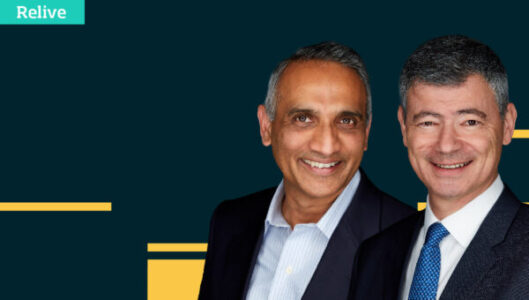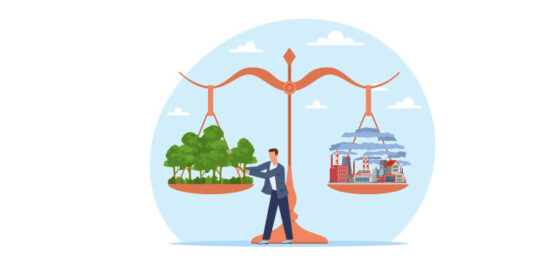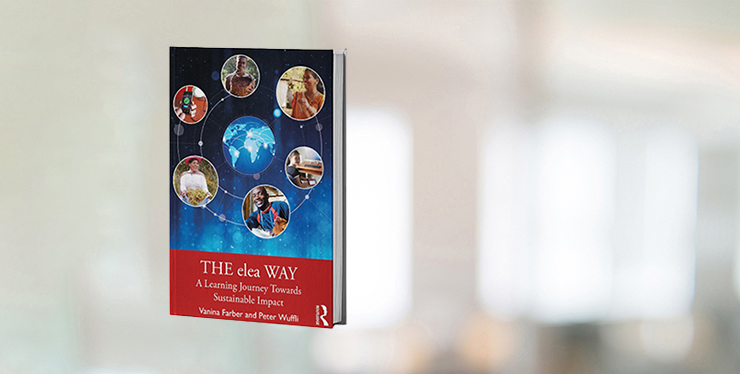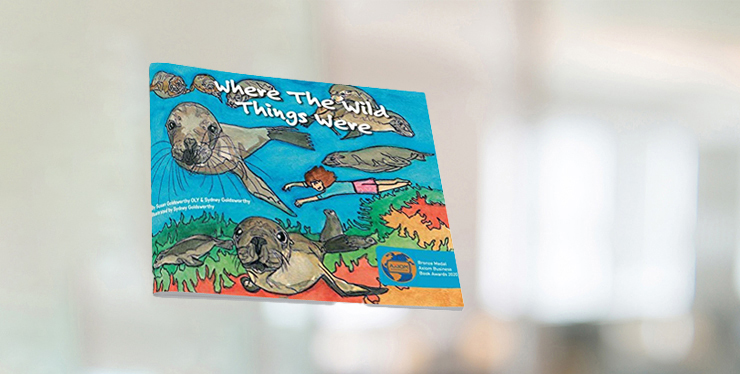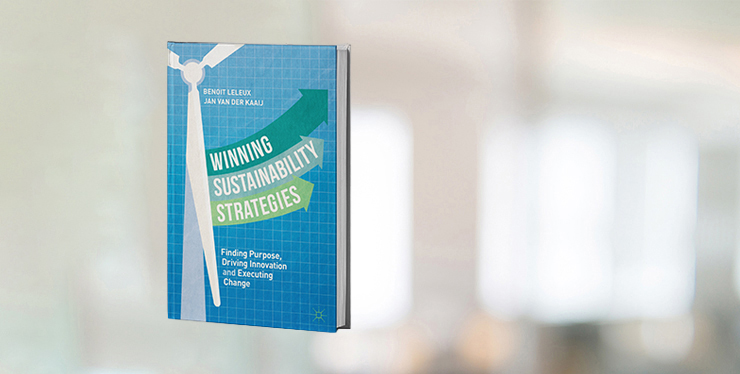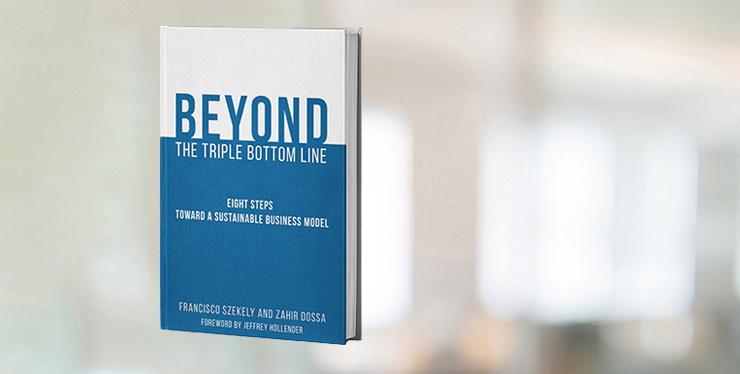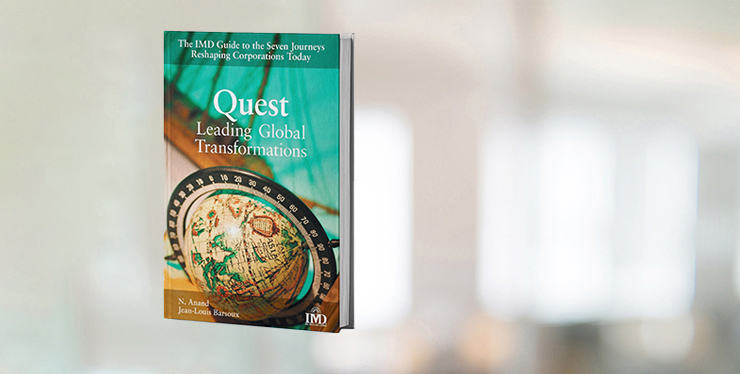


We produce world-class research with actionable insights on sustainable business, social innovation, and philanthropy. We also track our impact on the UN Sustainable Development Goals (SDGs) by tagging our publications with the relevant goals addressed.
Research & Insights
We produce world-class research with actionable insights on sustainable business, social innovation, and philanthropy. We also track our impact on the UN Sustainable Development Goals (SDGs) by tagging our publications with the relevant goals addressed.
Find out more about the topics our research team are currently focused on and who to contact should you wish to collaborate with us or find out more information.
Moving from linear to circular economies is crucial for resilient, sustainable systems. Organizations must tackle the ‘closing the loop’ challenge, shifting from ‘take-make-waste’ to regenerative approaches. This transition presents fresh business prospects and a competitive edge. Yet, business leaders seeking to harness circular economy potential confront uncertainties: How to revamp supply chains? What are viable business avenues? How to design for circularity? Our research project explores diverse circular business models and offers actionable solutions to bridge theory and implementation.
For details, contact Julia Binder.
Mandatory sustainability reporting standards will soon be applied around the world next to traditional financial reporting standards. This is the biggest reporting experiment seen in the past century. How do you tackle the challenges of mandatory sustainability reporting? What is your governance around measuring and managing ESG dimensions? Who is in charge of implementing your sustainability strategy and cascading it down into the organization based on powerful new KPIs? How do you use this one-time shift in performance measurement and reporting to develop competitive advantage?
If you are interested in this topic or want to explore opportunities for your company to take part in our research projects, please get in touch with Florian Hoos.
Over half of global GDP depends on biodiversity, yet we are losing nature and the services it provides at an unprecedented rate. Countries have signed up to ambitious goals to reverse this loss by 2030. What will be the impact of biodiversity loss on business? This comprehensive research endeavor delves into various facets, including the emergent market for voluntary biodiversity credits, potential novel business paradigms arising from biodiversity restoration, and the exploration of enterprises that have already formulated and executed effective biodiversity strategies. The goal is to gain deeper insights into the impetuses driving action, optimal methodologies, and the potential for cross-industry replication.
If you possess an interest in this subject, please connect with Adrian Dellecker.
Globally, sustainability challenges demand collective action. Collaboration, transcending industries and borders, holds the key to effective solutions. How might businesses, governments, and communities synergize for a sustainable future? Can businesses pioneer groundbreaking collaboration models beyond competition? What innovative business models arise when we unite for this cause?
If sustainability is in your agenda and you are eager to amplify efforts through collaboration, we invite you to be part of our research at IMD. Reach out to Karl Schmedders for more details.
In 2023, at the halfway point in the implementation of the UN Sustainable Development Goals (SDGs), globally none of the goals are on track for being met by 2030. Many businesses claim to have integrated the SDGs into corporate strategy, but more often than not, engagement is superficial and lacking true integration. Our past research has examined antecedents of corporate SDG adoption, SDG innovation platforms and integration of the SDGs into strategy. We are currently investigating how businesses can genuinely integrate the SDGs into corporate strategy and how the next development agenda starting in 2030 might better suit corporate needs.
If you are interested in this topic or want to explore opportunities for your company to take part in our research project, please get in touch with Amanda Williams.
The United Nations has raised our collective awareness of current grand societal challenges in the form of the Sustainable Development Goals. Yet achieving these goals at the global level requires harnessing the power of local actors. This process is what we call “civic wealth creation”. It rests on changemakers, companies, supporters, and local citizens coming together to revive and strengthen their communities. How can business play a part in creating civic wealth? What business models generate the longest-lasting solutions?
If you are interested in this topic or want to explore opportunities for your company to take part in our research project, please get in touch with Sophie Bacq.
How are companies integrating sustainability into their strategy? Are some companies using a defensive lens to strategy while others are playing a more offensive lens? What implications does the lens have for building organizational capabilities? Should firms take a passive or proactive approach?
If you are interested in this topic or want to explore opportunities for your company to take part in our research project, please get in touch with Goutam Challagalla.
In many industries, sustainability gains are achieved when customers change their behaviors. This is not easy to do. A conundrum facing many firms is how to invest in sustainability. This conundrum arises because customers often want sustainability but don’t always have a willingness to pay for it. How can companies design value propositions that customers are willing to pay for? How are firms collaborating with customers to drive behavior change?
If you are interested in this topic or want to explore opportunities for your company to take part in our research project, please get in touch with Frederic Dalsace.
Effectively engaging with a diverse range of stakeholders – employees, customers, investors, communities, governments, nongovernmental organizations, activists – has a dual connection to sustainability. First, if a firm is to properly account for its social and environmental impact, and to move toward deliberately contributing to the wellbeing of people and planet, being in touch with a broad range of stakeholders is essential. Second, and perhaps less appreciated, sustainability strategies are far more likely to succeed if firms combine their product-, process-, or business model innovations with strategies aimed at proactively shaping the social, political, and regulatory environment in which they operate. How are the expectations of stakeholders changing? What stakeholder engagement strategies are most effective? And how can firms accelerate their sustainability transformations by deliberately shaping the business environment?
If you are interested in this topic or want to explore opportunities for your company to take part in our research project, please get in touch with David Bach.
For details, contact David Bach


